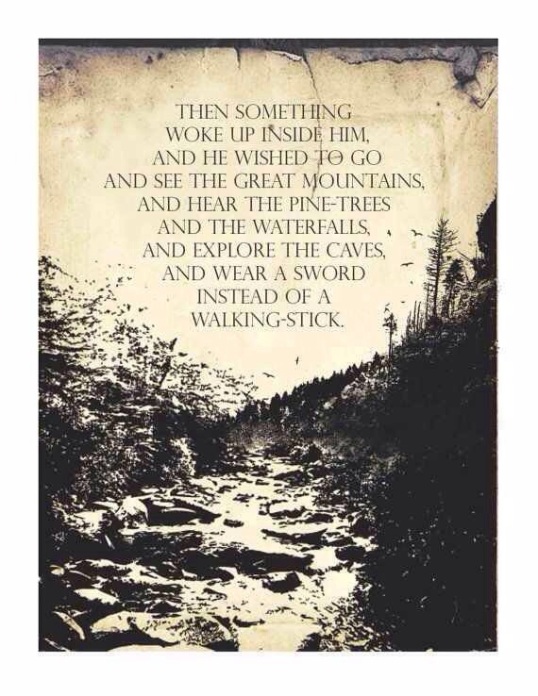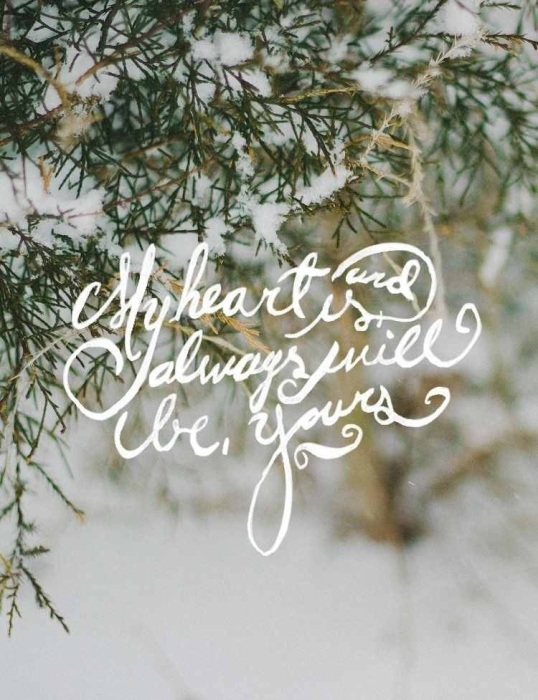Oh me! Oh life! of the questions of these recurring,
Of the endless trains of the faithless, of cities fill’d with the foolish,
Of myself forever reproaching myself, (for who more foolish than I, and who more faithless?)
Of eyes that vainly crave the light, of the objects mean, of the struggle ever renew’d,
Of the poor results of all, of the plodding and sordid crowds I see around me,
Of the empty and useless years of the rest, with the rest me intertwined,
The question, O me! so sad, recurring—What good amid these, O me, O life?
Answer.
That you are here—that life exists and identity,
That the powerful play goes on, and you may contribute a verse.
Walt Whitman
Love your enemies
and pray for those who persecute you.
If you love those who love you, what reward do you have?
Do not even the tax collectors do the same?
—Matthew 5.44, 46
We’re afraid to be nonviolent partly because we can’t be sure of the outcome. We’re afraid we’ll pray for our enemies and they’ll still be our enemies. Maybe. But here’s the miracle: the power of love is such that the act itself is the result, no matter what happens next. The oppressor is not likely to be freely choosing his evil. He’s probably at the mercy of fear and bitterness and loneliness, unable to break free, unable to chose compassion, unable even to see his injustice. He’s just doing what “tax collectors” do. But when we act in love, we we are freely choosing. (We get the upper hand: we’re more free than the oppressor!) Our freedom, not his bondage, determines how we live. We have set ourselves free. That’s no small outcome.
We’re afraid to be nonviolent partly because we can’t be sure of the outcome. We’re afraid we’ll pray for our enemies and they’ll still be our enemies. Maybe. But here’s the miracle: the power of love is such that the act itself is the result, no matter what happens next. The oppressor is not likely to be freely choosing his evil. He’s probably at the mercy of fear and bitterness and loneliness, unable to break free, unable to chose compassion, unable even to see his injustice. He’s just doing what “tax collectors” do. But when we act in love, we we are freely choosing. (We get the upper hand: we’re more free than the oppressor!) Our freedom, not his bondage, determines how we live. We have set ourselves free. That’s no small outcome.
Moreover, when we choose to love our enemy we create an alternative world. When someone is cruel, we create a world of kindness anyway, and invite them to choose to enter it. That world of grace and compassion exists whether or not they choose to enter it. It has power. Love creates a gravitational field that changes how everything in it behaves, even if no one can see it.
Jesus’ teaching is no wimpy excuse for passivity. It’s a call to live with the courage to make our own choices, to trust in the power of our own fully realized being, to refuse to let another person—especially one who’s in bondage to fear—determine our way of living. When we make our own choices we create a new world. When we make those choices in love, we open a door for others into that world. We change the outcomes that are possible. Indeed, when we love our enemy all of reality is changed.
_________________
Steve Garnaas-Holmes
Unfolding Light
http://www.unfoldinglight.net

Posted in
action,
attitude,
awareness,
Becoming Yourself,
Change,
Choice,
determination,
Encouragement,
Faith,
find art at pinterest,
Gratitude,
Leadership,
Letting Go,
Life,
Love,
soul and spirit,
Vulnerability,
www.pinterest.com |


















